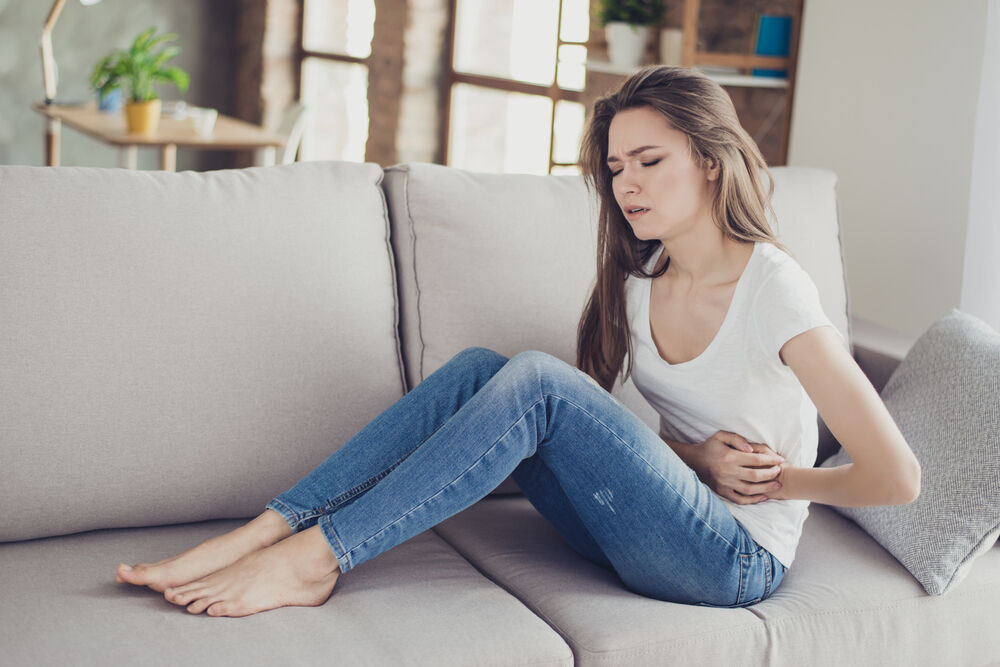"It's not certain that women who don't experience PMS are generally healthier. This is because many other factors affect health.”
Premenstrual Syndrome (PMS) is a common condition that affects many women before their period. Symptoms include mood swings, breast tenderness, changes in appetite, tiredness and other uncomfortable feelings.
Everyone has a unique body response to these hormonal fluctuations, so some women experience PMS with more severe symptoms, while other women may experience only mild symptoms or no symptoms at all.
What is Premenstrual Syndrome?
Premenstrual Syndrome is a condition that affects many women around the world. This condition occurs at any stage of the menstrual cycle, usually 1-2 weeks before menstruation. Although there is no exact cause, there are several factors such as hormonal changes, hormonal sensitivity and psychological factors that can contribute to the onset of this symptom.
Factors Influencing PMS Occurrence
- Here are some factors that can influence it.
- Hormone fluctuations, especially estrogen and progesterone.
- Sensitivity to hormones which is often more prone to symptoms.
- Heredity and genetic factors play a role in a person's tendency to experience PMS.
- Changes in the levels of neurotransmitters such as serotonin in the brain can affect mood and emotions.
- High stress, although the relationship between stress and PMS is still complex and not fully understood.
- Diet, physical activity, insufficient sleep, and psychosocial factors such as depression or anxiety.
- Individuals with a history of mood disorders, such as depression or anxiety disorders.
- Exposure to certain chemicals or other environmental factors.
Is it true that women who don't experience PMS are healthier?
Women who do not have PMS are not necessarily healthier overall. Although there are some women who experience no symptoms or only experience very mild symptoms. This does not mean that they are automatically healthier than women who experience PMS.
A person's health is influenced by many factors such as genetic factors, lifestyle, medical conditions, and environmental factors. While it can be challenging for some women's emotional and physical well-being, not experiencing PMS isn't the only sign of better health.
It is important to remember that severe PMS can interfere with daily activities and quality of life. If a woman experiences significant symptoms, it is important to consult a medical professional to get proper treatment. There are various treatment options that can help reduce the symptoms and improve well-being.

